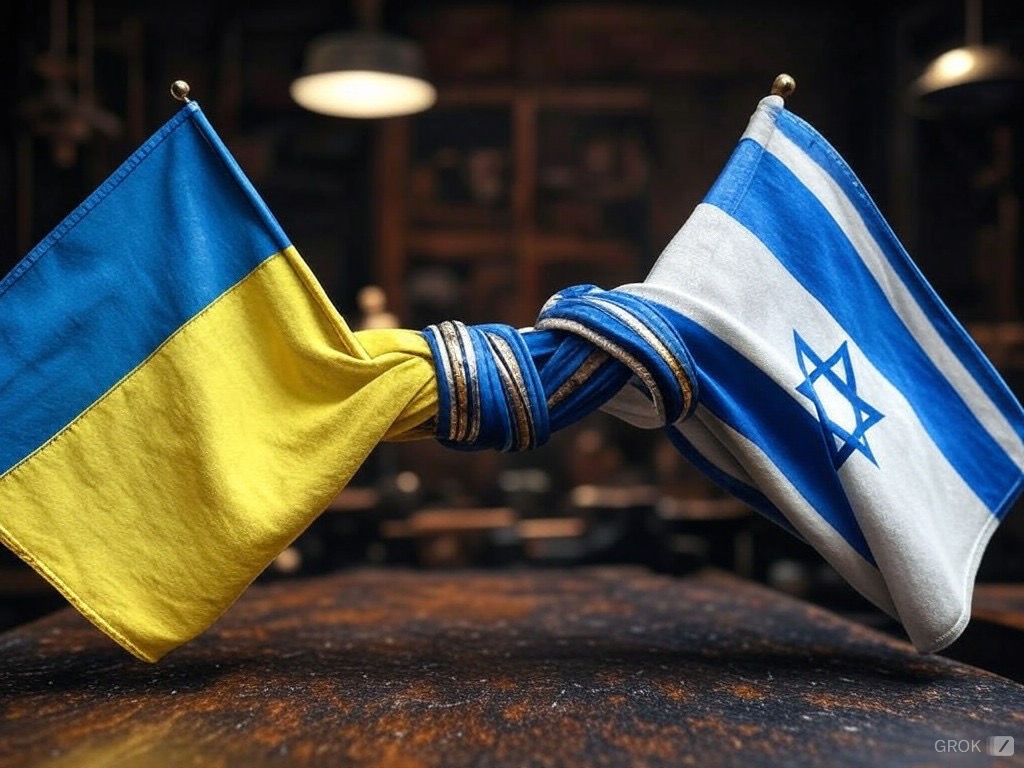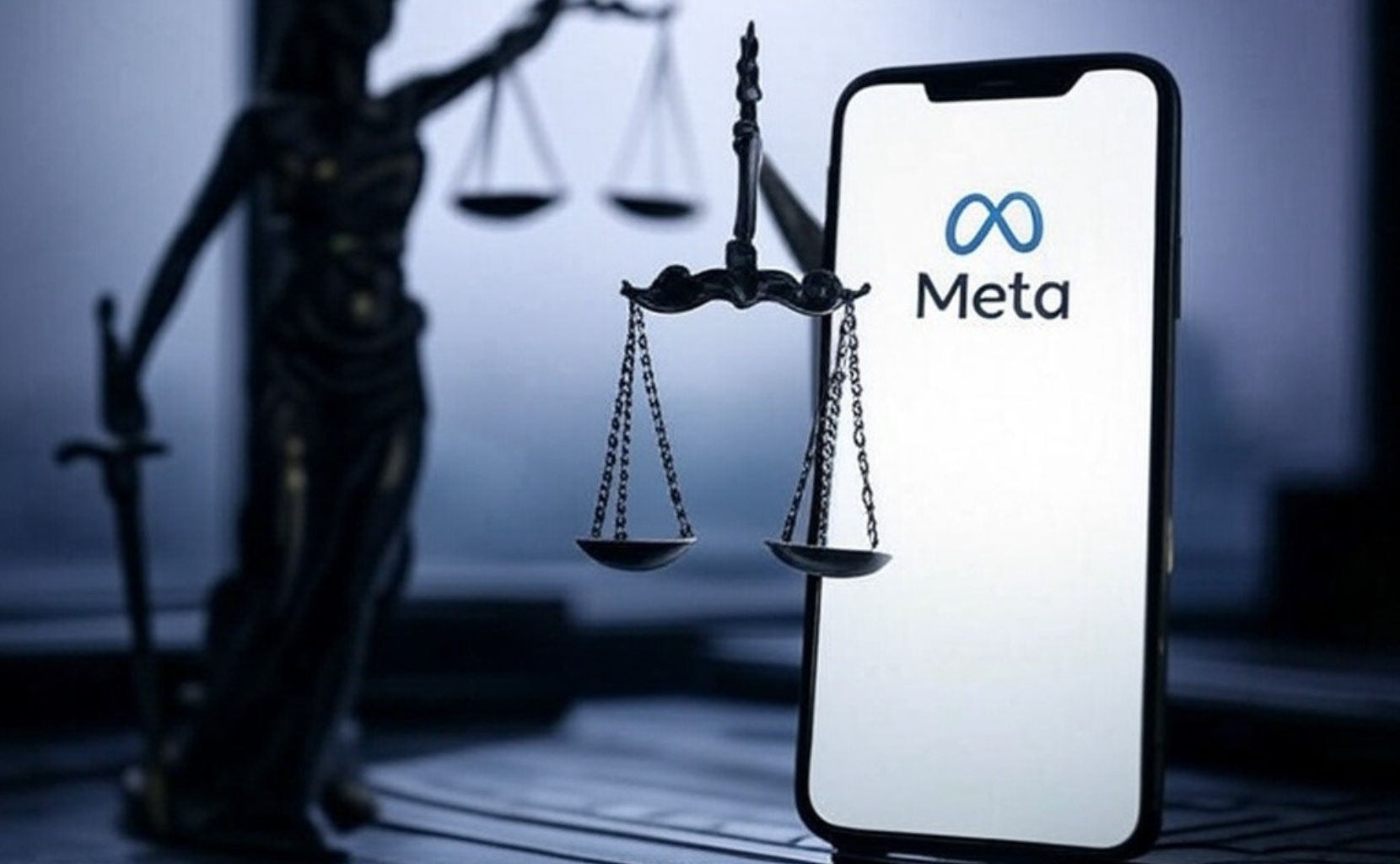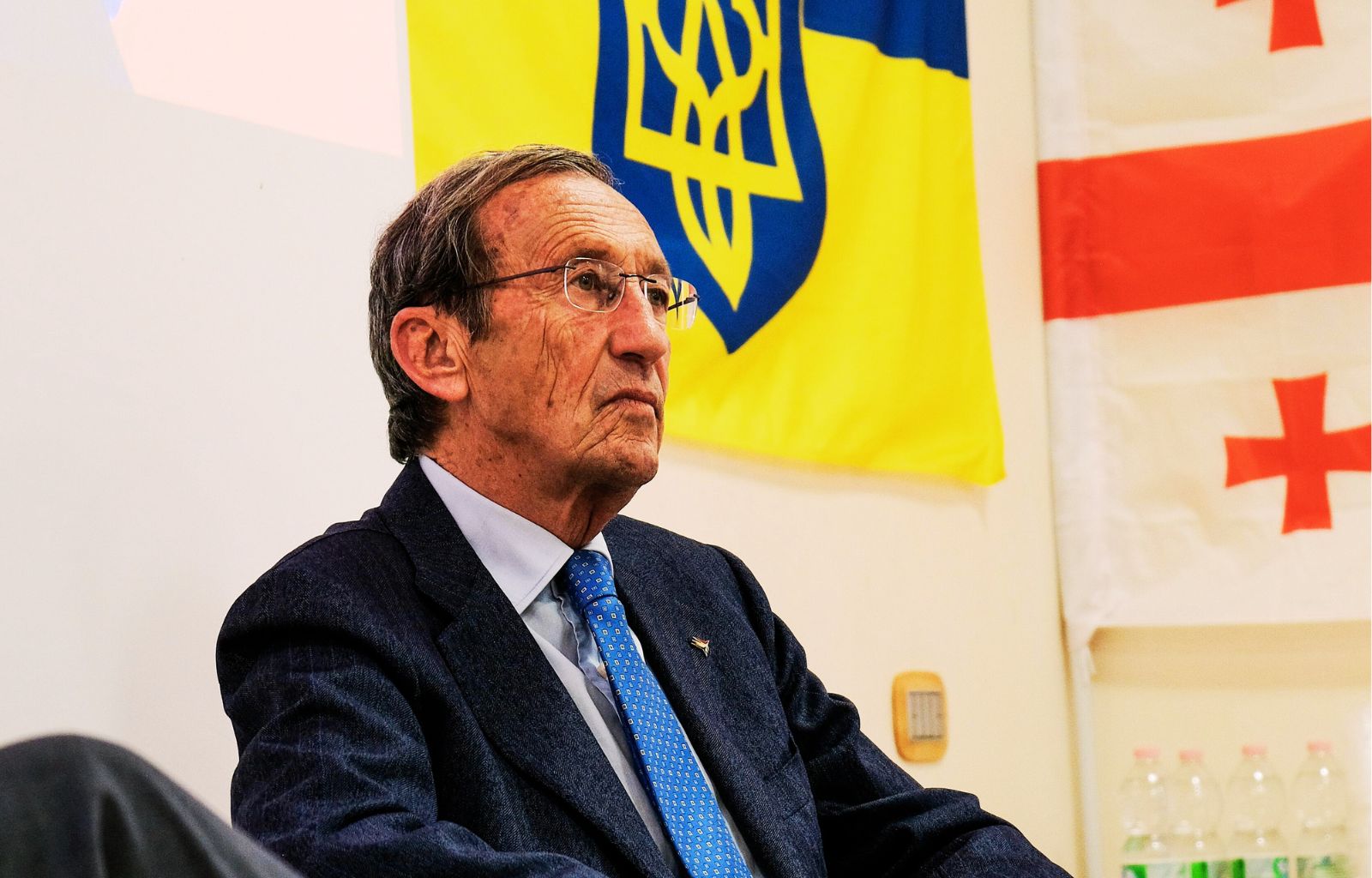The double standard between Ukraine and Israel: a European syndrome

Introduction: a context of asymmetry in the global debate
In the contemporary geopolitical landscape, narratives emerge that seem to apply double standards when it comes to the right to defence of states involved in existential conflicts.Ukraine, invaded and attacked by Russia, receives widespread international support, justified by the principle of the right to resistance against an unprovoked invasion. In contrast, Israel, when exercising its right to defend itself against attacks that threaten its existence, is often subjected to much fiercer criticism, accompanied by accusations of disproportion, violation of international law, and even genocide.
This unequal treatment raises ethical, political and historical questions, bringing to light prejudices that influence global judgement. The legitimacy of defence and the very existence of a state cannot be subordinated to unattainable conditions or moral expectations that are not reflected in other contexts.
Ukraine and Israel: double standards in the perception of the right to defence
Russian aggression in Ukraine has provoked widespread condemnation from the international community. The dominant narrative posits (we add: fortunately, as it is reality) Ukraine as the victim of illegitimate aggression and recognises its right to resist. There are certainly criticisms that tend to relativise the conflict – such as the accusation of corruption of the Kyiv government, the closure of pro-Russian parties or the alleged subservience to Western interests – but they remain ‘alternative’ narratives. In general, Ukraine’s right to defence is not questioned in absolute terms, and international support is manifested in military, economic and political aid.
For Israel, the situation looks profoundly different. When Israel reacts to attacks that threaten its existence, the public discourse takes on a highly critical tone. Accusations of disproportionate military action, the concept of collective punishment and serious accusations of genocide dominate the narrative, often ignoring the broader context: the existential threat posed by organisations such as Hamas, whose stated and explicit goal is the destruction of the state of Israel.
This divergence of perceptions generates adisturbing asymmetry: Ukraine’s right to defence is considered sacred and upheld; Israel’s is constantly questioned, subject to conditions and criticism that are rarely applied to other states involved in similar conflicts.

Criticising Israel: between legitimacy and prejudice
One of the most problematic aspects of this asymmetry is the language used. When one states that ‘criticising Israel is legitimate‘, one implicitly introduces the idea that such legitimacy is anexception, as if any criticism risks crossing a line. It is important to clarify: criticism of the policies of any government, and thus also of the Israeli government, is, in itself, entirely legitimate. However, what distinguishes criticism of Israel is its frequent connection with a deeper denial: that of Israel’s very right to exist.
This kind of criticism is rooted in historical and political prejudices of an anti-Semitic nature. Israel, unlike other states, is not judged solely for its actions, but must constantly ‘deserve’ its existence and legitimacy. Every mistake or violation attributed to its actions is amplified and turned into a weakening of its right to be recognised as a sovereign state.
For example, while no one denies the legitimacy of Russia or China despite serious human rights violations, Israel is subjected to moral and political scrutiny that transcends legitimate criticism and takes on ideological and prejudicial contours.
The historical and ideological root of asymmetry
To understand this unequal treatment, it is necessary to examine the historical roots of the narratives at play. In the case ofUkraine, Russian aggression is perceived as a clear and unequivocal violation of international law, in a context where Ukraine itself is portrayed as a victim of imperialist power.
Israel, on the other hand, is often judged through the filter of historical contestation of the Zionist project. Its birth, which took place in the context of decolonisation and an unresolved Arab-Israeli conflict, is for many critics an ‘original sin’ that Israel has never redeemed. This deeply rooted narrative causes Israel to be perceived as an ‘abnormal’ state whose legitimacy is constantly questioned.
The accusations against Israel: context and reality
The most common accusations levelled at Israel – such as those of ethnic cleansing, apartheid or turning Gaza into an ‘open prison ‘ – often ignore the broader context of the conflict. The Gaza Strip is ruled by Hamas, a terrorist organisation whose stated goal is the destruction of Israel. Israeli military operations, although dramatic and painful, are part of a framework of self-defence against indiscriminate attacks aimed at the Israeli civilian population.
In no other conflict is such an erasure of context observed. For instance, the military actions conducted by NATO in Serbia or Afghanistan have never led to a delegitimisation of the countries involved, nor to the denial of their right to defend themselves. We find nothing similar going back over the decades to the two global conflicts and even beyond.
Conclusion: towards a fair and universal judgement
The unequal treatment of Ukraine and Israel raises a fundamental question: why is the right to defence applied with different standards? The legitimacy of Israel’s right to exist and defend itself cannot be subordinated to impossible conditions or historical prejudices, just as Ukraine’s right to resist is not conditioned by the moral or political perfection of its government.
Understanding this asymmetry does not mean justifying every action of these states, but recognising a universal principle: the right to security,self-determination and defence is inalienable and cannot be applied selectively. Only by recognising this truth will it be possible to construct a fairer public discourse, free of ideological bias and respectful of the complex reality of modern conflicts.











